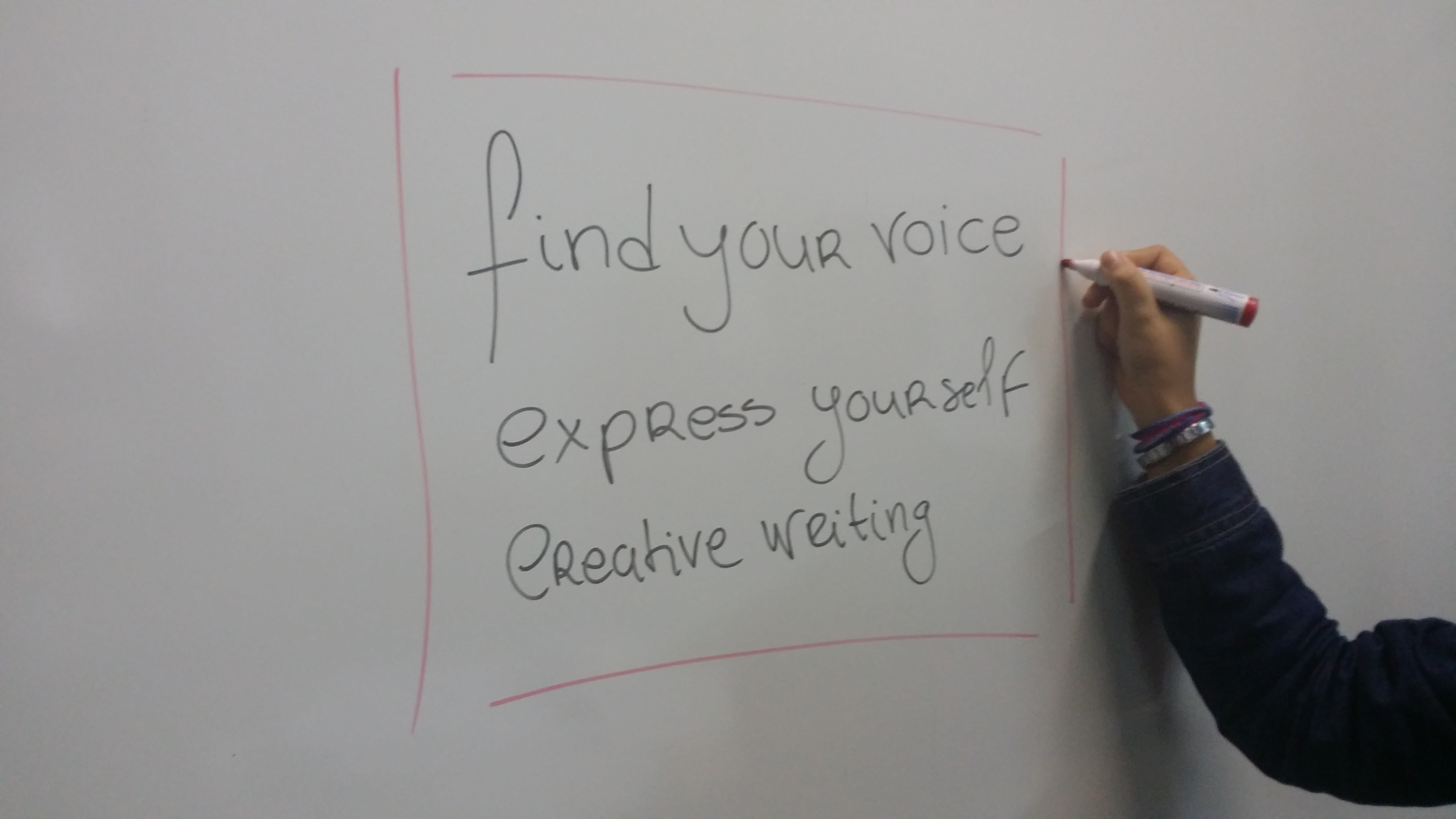If every person is a world, then we’re all as clueless about each other as we are about anywhere further than Mars.
That may seem harsh, but it’s true. We pass by hundreds, thousands of people, every day. We interact with a few dozens or so, think about maybe twenty once the interaction is over, and care about a select few that we can probably count with our fingers. And even those surprise us every day, like we’re only just meeting them.
I use the word “care” quite intentionally: like I said, to claim we “know” anyone is one of the biggest acts of hubris I can think of. We know what others show us, and as I’m sure we all know, what we show others is a carefully curated exhibition of the best of us (or what we consider the best)- to pretend we don’t know that others do the same is foolish.
And, I understand. We live in a society, and societies need rules to function harmoniously. Sometimes our thoughts, or instinctual reactions, or impulses, are not socially acceptable, and we cannot act on them for fear of breaking said rules, and therefore the harmony they create. It’s annoying sometimes, but I understand that much.
What I don’t understand is why people keep acting like they know what’s going on in other people’s lives when we don’t. We’re taught from childhood how to behave in a society, often against our instincts. For example, autistic people are taught to not avoid eye contact, or to not stim, both things that harm nobody and that, with regards to the latter, actively help to soothe themselves. It’s, in my opinion, outright cruel to not let people have these coping mechanisms, and to not let people act in ways that may be considered weird but are ultimately harmless. We don’t judge people for the different football clubs they belong to, even if they’re a club with no chance of winning a big tournament- why are we judging people for things that are perhaps weird to us personally, but ultimately harmless?
But I’ve gotten side tracked. As I was saying, people are taught how to behave from a young age, and forced to keep up that mask for essentially their whole lives. It is a known fact that we act differently when we’re at home from when we’re at work from when we’re at school from when we’re with friends and the list goes on and on. What frustrates me is why everyone keeps pretending like we don’t just know that you’ll never know everything about someone.
Because here’s the thing, it’s just true. If we all act differently around different people and in different contexts, then different things are going to be shown to different people, and it’s safe to assume that other people are doing the same thing, then it’s also safe to assume that we don’t have access to every facet of someone’s personality.
And, some would argue such behaviour is two-faced. I disagree- I think it’s a natural part of being in different environments, and a good skill to master when it comes to life in society. But the problem shows up when people get angry that they don’t know everything.
Here’s the thing: no one is entitled to knowledge unless it directly affects them in some way. You’re not entitled to know your friend’s middle name, even if you’re really curious about it and really want to know what it is. Therefore, it’s very stupid and, honestly, entitled of someone to get angry when they find out someone was keeping information from them that didn’t pertain to them in any way.
And the worst part is that the people most likely to feel that way are people who have power over you: teachers, parents, bosses, people with control over important parts of your life. And that’s how you end up with teenagers with parents who don’t think mental health should be taken seriously attempting to kill themselves because they’re not getting the support they need, or students avoiding asking for help on assignments because they know they’ll just get the classic “you should have been paying attention,” even though they were paying attention, and ending up with far lower grades than they would have gotten otherwise.
Every person is a world, but that doesn’t necessarily mean we’re entitled to that world. Because from where I’m standing, space exploration is looking a lot less like scientific curiosity and a lot more like space colonisation, and it feels like those in charge of it think we’re entitled to those worlds and their resources. But just like knowledge others have, or knowledge about others, we’re not entitled to anything that isn’t already ours.
Ícaro (12I) – May 2023
